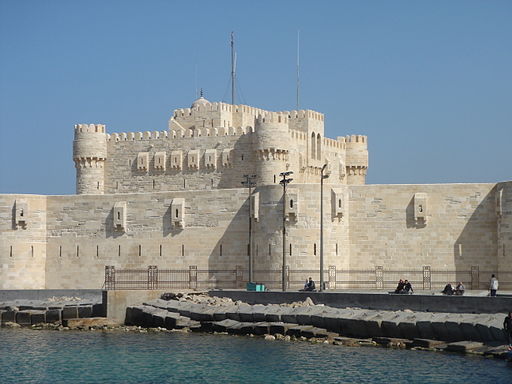Note: My church small group studies are going to be studying the Book of Nehemiah together for the first half of the year. I am writing these series of posts to collect important bits of information that will hopefully help us illumine the text.
The question we are left to ask is:
The early words in the book give us a clue to the context of Nehemiah.
Now it happened in the month of Chislev, in the twentieth year, as I was in Susa the citadel, that Hanani, one of my brothers, came with certain men from Judah. And I asked them concerning the Jews who escaped, who had survived the exile, and concerning Jerusalem. And they said to me, “The remnant there in the province who had survived the exile is in great trouble and shame. The wall of Jerusalem is broken down, and its gates are destroyed by fire.”
Susa is the capital used by the Persian kings since Darius. Historical inscriptions contain this remarks made by Darius:
"This palace which I built at Susa, from afar its ornamentation was brought. Downward the earth was dug, until I reached rock in the earth. When the excavation had been made, then rubble was packed down, some 40 cubits in depth, another part 20 cubits in depth. On that rubble the palace was constructed."
Source:
R. Boucharlat, "Susa under Achaemenid Rule" in: John Curtis (ed.) Mesopotamia and Iran in the Persian Period: Conquest and Imperialism 559-331 BC (1997 London) 54-67 - Quoted at: http://www.iranchamber.com/history/susa/susa.php#sthash.9K1Xm1An.dpuf
Furthermore, Susa is described as a citadel, a fortress in other words.
Example of a citadel:
By Ahmed Dokmak (Ahmed Dokmak) [GFDL (http://www.gnu.org/copyleft/fdl.html) or CC-BY-SA-3.0 (http://creativecommons.org/licenses/by-sa/3.0/)], via Wikimedia Commons
Jerusalem, on the other hand is "broken down, and its gates are destroyed by fire."
The question we are left to ask is:
Has God abandoned Israel?

Comments